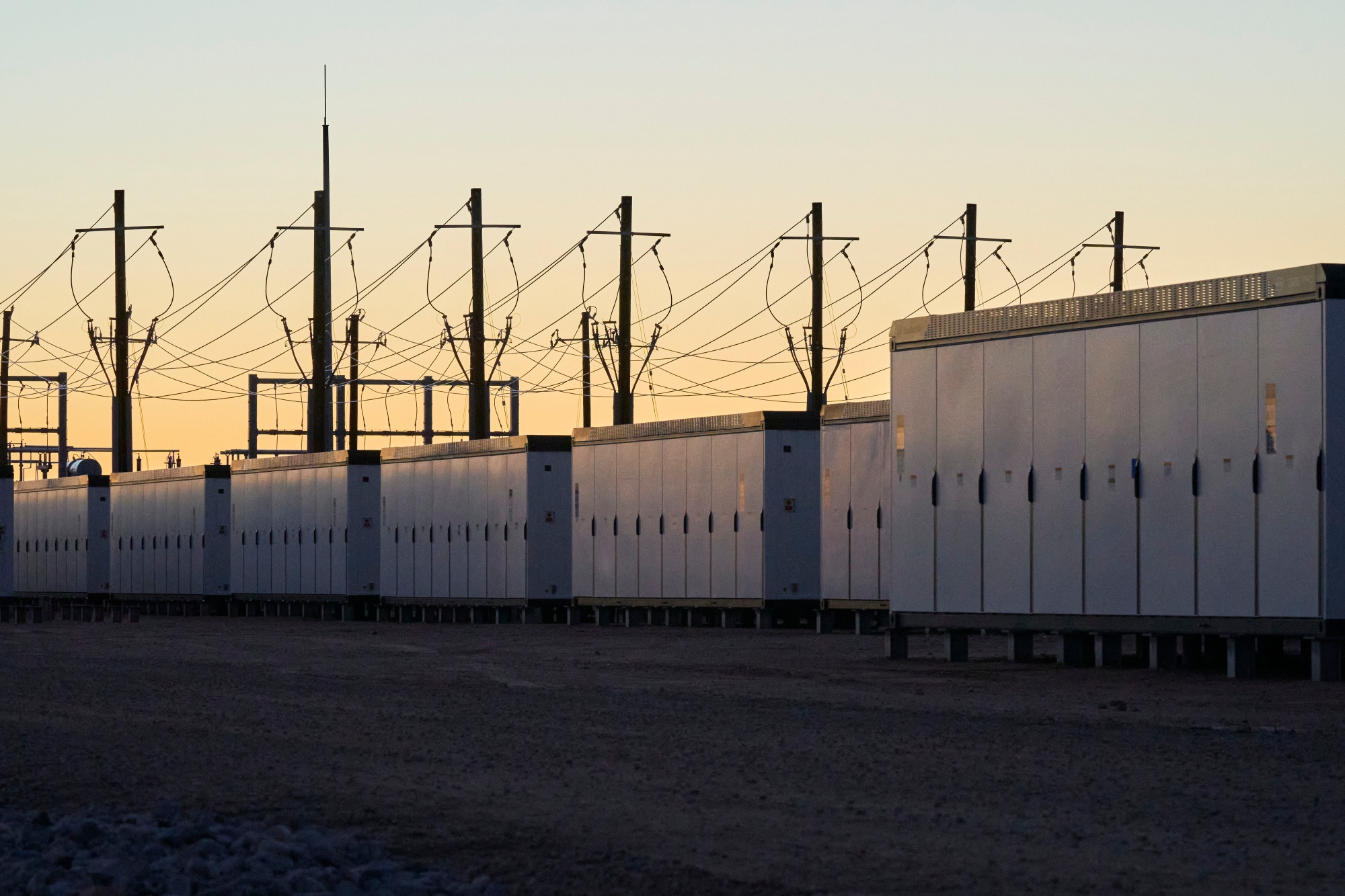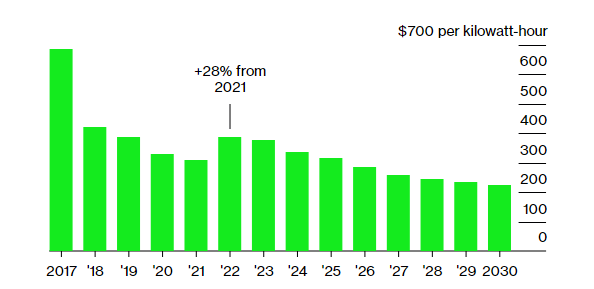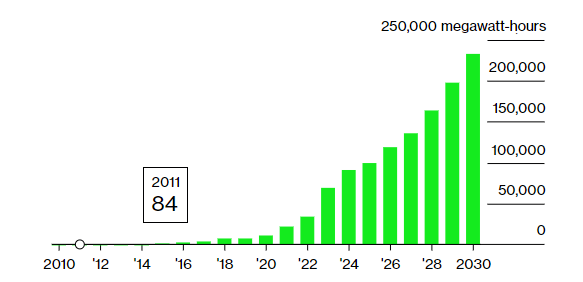
- +86 18120750932
- colin@xmsinuowei.com
- www.xmsinuowei.com

Battery prices rose 7% in 2022 and will remain elevated. But overall, there are more positive than negative forces acting on the fast-growing industry.

Lithium-ion energy storage batteries in Blythe, California.
Photographer: Bing Guan/Bloomberg
Lithium-ion battery storage has expanded by orders of magnitude since the 1990s, with new devices creating ever-larger demand. Camcorders came first, by personal computers and then smartphones and other personal electronics. In the 2010s, the newest and far biggest demand center emerged: electric vehicles. EVs now drive the bulk of global lithium-ion battery manufacturing, as well as substantial R&D.
As the industry scaled, costs fell. A kilowatt-hour of lithium-ion battery storage declined in cost by 80% from 2013 to 2021.
That trend reversed last year. As commodity price increases and inflation hit the battery sector (along with everything else), prices rose for the first time in at least 12 years, by 7%. They are expected to remain elevated this year and not drop until 2024.
The price increase has an obvious impact on the cost of electric vehicles — but it matters elsewhere in energy too. The same battery cells that power electric vehicles also play a role in the electricity system, whether in regulating frequency and voltage over a matter of seconds or storing electrons for several hours. Integrating batteries into a system suitable for the grid requires a raft of other equipment, and is contingent on financial margins for developers, builders and system integrators. All of those elements are under inflationary pressure, too. The result: costs for installed energy storage systems around the world rose almost 30% in 2022 from a year before.
Installed capital cost for large four-hour battery energy storage system

Source: BloombergNEF
Note: excludes warranty and taxes. Real 2022 $.
Naturally, every asset developer does its best to control costs, but stationary batteries are fundamentally constrained by scale. Stationary battery storage is also a far smaller-volume market than electric vehicles. That means last year’s strong EV demand bid up battery prices for all buyers, in a way that developers of energy storage could not control.
Despite this price movement, the sector is still booming. BloombergNEF expects global energy storage capacity installed in 2023 to be almost double the volume installed in 2022. By the end of the decade, annual installations should be three times higher than this year.
Annual energy storage capacity additions

Source: BloombergNEF
The big demand drivers for energy storage buildout will sound familiar. The US Inflation Reduction Act, with billions of dollars in clean energy incentives, is expected to boost demand by almost a quarter compared to previous estimates. Russia’s invasion of Ukraine will drive development of storage in support of the EU’s expanded installations of large-scale renewable energy. High residential power prices in Europe (and government incentives for households there) are also a factor; last year more than half of all installed batteries in Europe were for residential applications.
The US is the largest market and will remain the largest one in 2030 — a change in expectation from a year ago, when China appeared likely to pull ahead. That said, while the IRA provides many policy and economic reasons for the market to expand, it does not solve another set of familiar-sounding potential barriers such as planning and permission timelines, as well as interconnection costs.
So it is a complex year but, ultimately, one with more positive market drivers than negative ones for the storage industry. Higher costs also provide opportunities for new market entrants in battery supply and power control systems. System resiliency is more and more important in all electricity markets, providing an expanding role for storage.
Of the more than 180 participants surveyed in BloombergNEF’s latest energy storage system cost study, exactly zero responded that they would cancel their project if prices remain high. Two-thirds would proceed, a quarter would evaluate, and only 10% would postpone. Energy market fundamentals beat high prices, at least for now.
Source:Bloomberg

Service online